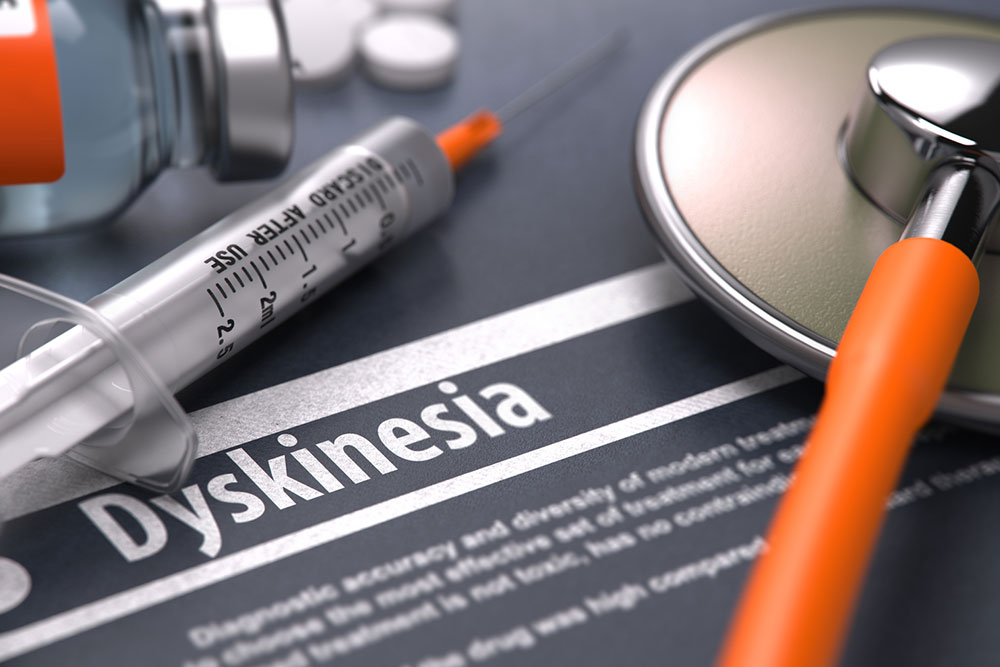
5 things to avoid for easing dyskinesia
Dyskinesia refers to involuntary, abnormal movements that look like writhing, jerking or twisting parts of the body. These movements are a side effect caused by the intake of medications for Parkinson’s disease. Although these abnormal movements can hamper daily activities, there are a few ways in which one can avoid or reduce the risk of this condition. Read on to find out what things to avoid for easing the symptoms of dyskinesia.
Higher doses of medication
According to a neurologist at Massachusetts General Hospital in Boston, it is a challenge for doctors to find the right amount of formulation and dose to treat Parkinson’s disease. The right dose can provide relief from Parkinson’s disease and also help avoid dyskinesia. It has been observed that each patient of Parkinson’s disease experiences varied symptoms. A high dose of medication may trigger dyskinesia and also worsen the symptoms in some cases. Additionally, without the right amount of medicine, a patient may be left with stiffness, slowness, or they may even feel trapped in their body. So, it is highly recommended to work with the doctor and opt for the prescribed amount of medications to get relief from the symptoms of dyskinesia.
High-protein diet
It has been observed that diet can affect how well the medications for Parkinson’s disease may work. Thus, diet can also have an impact on dyskinesia. In some cases, people with dyskinesia might be affected by high-protein foods such as bean, meat, and dairy products which may result in reducing the amount of medication that the body absorbs. However, cutting out protein altogether is not advisable. One can consult a doctor and dietician to plan a diet chart which has the right amount of protein according to the dosage of the medication.
Stress
Relaxing can help in easing the symptoms of dyskinesia. Generally, stress triggers many reactions, and people with Parkinson’s disease can develop dyskinesia due to high stress levels. Many daily activities may get hampered due to stress and strain, which may further contribute to the development of dyskinesia. Practicing yoga, regular exercise, or even massaging can help relax and relieve stress. For some people, reading a book or even talking to a friend can help ease stress. Moreover, one can plan out their activities for the day to reduce their stress levels.
Inadequate sleep
Many people may experience disturbed sleep patterns due to the symptoms of this condition such as cramping and stiffness. It is especially vital for people with dyskinesia to get sound sleep as it helps the body get an adequate amount of rest. As per the American Parkinson Disease Association (APDA), people with Parkinson’s disease only get over five hours of sleep as compared to those who do not have the condition. A regular check on the sleep schedule of the patient along with taking a short nap during the day can help a person get adequate sleep.
Anger or frustration
In some cases, it has been observed that feelings or actions that prompt adrenaline rushes are likely to worsen dyskinesia. When a person with Parkinson’s disease gets angry or frustrated, they may experience severe dyskinesia. So, the condition can be challenging for both the patient and their families and caregivers. One of the best ways to tackle this problem is to communicate well, which helps in avoiding conflicts and misunderstandings.


